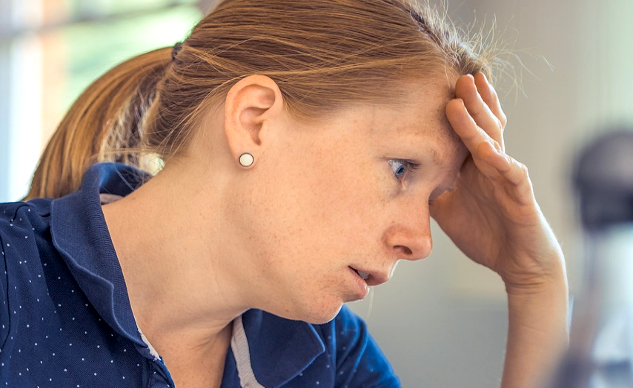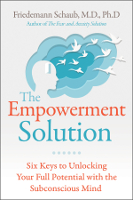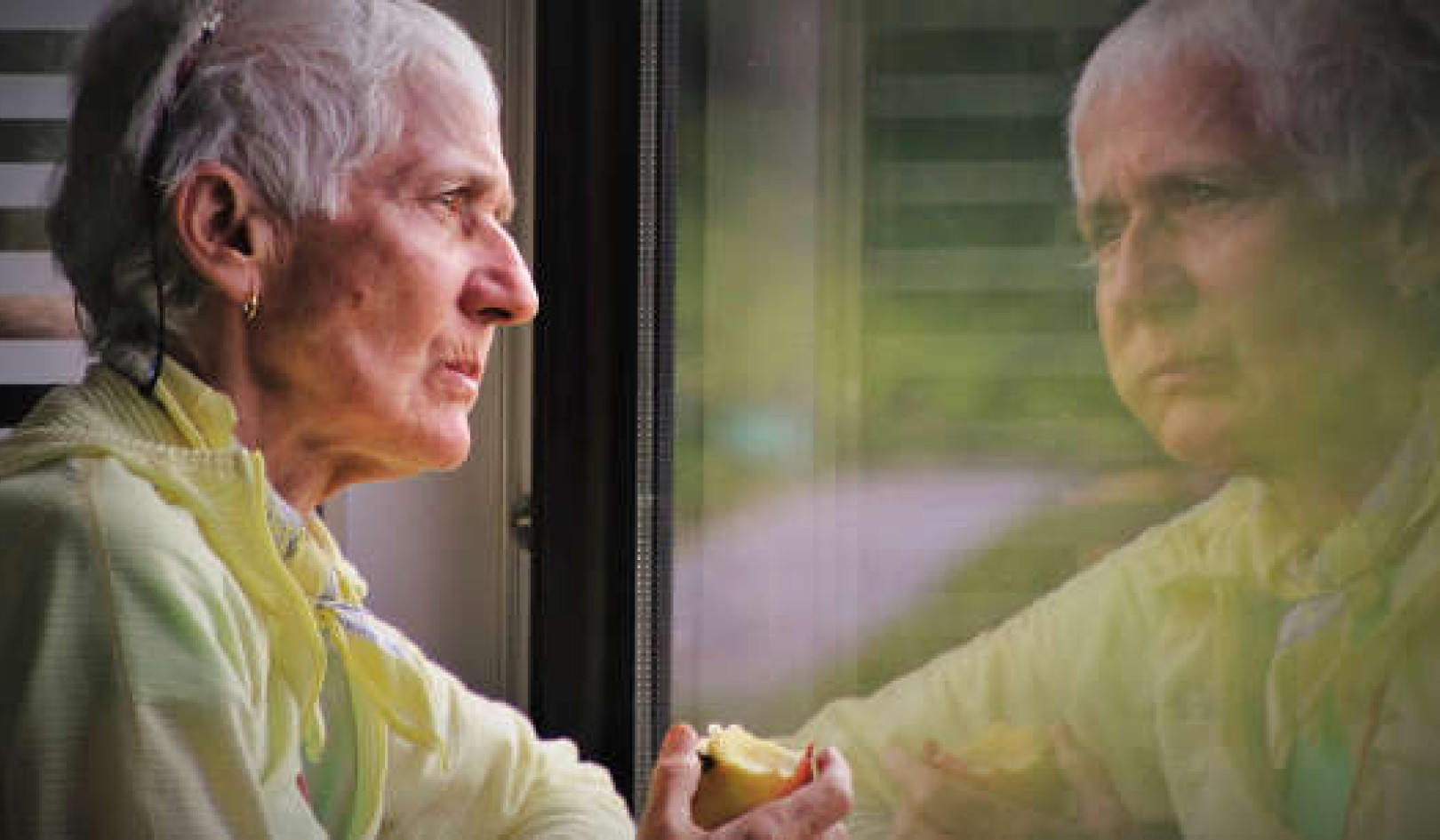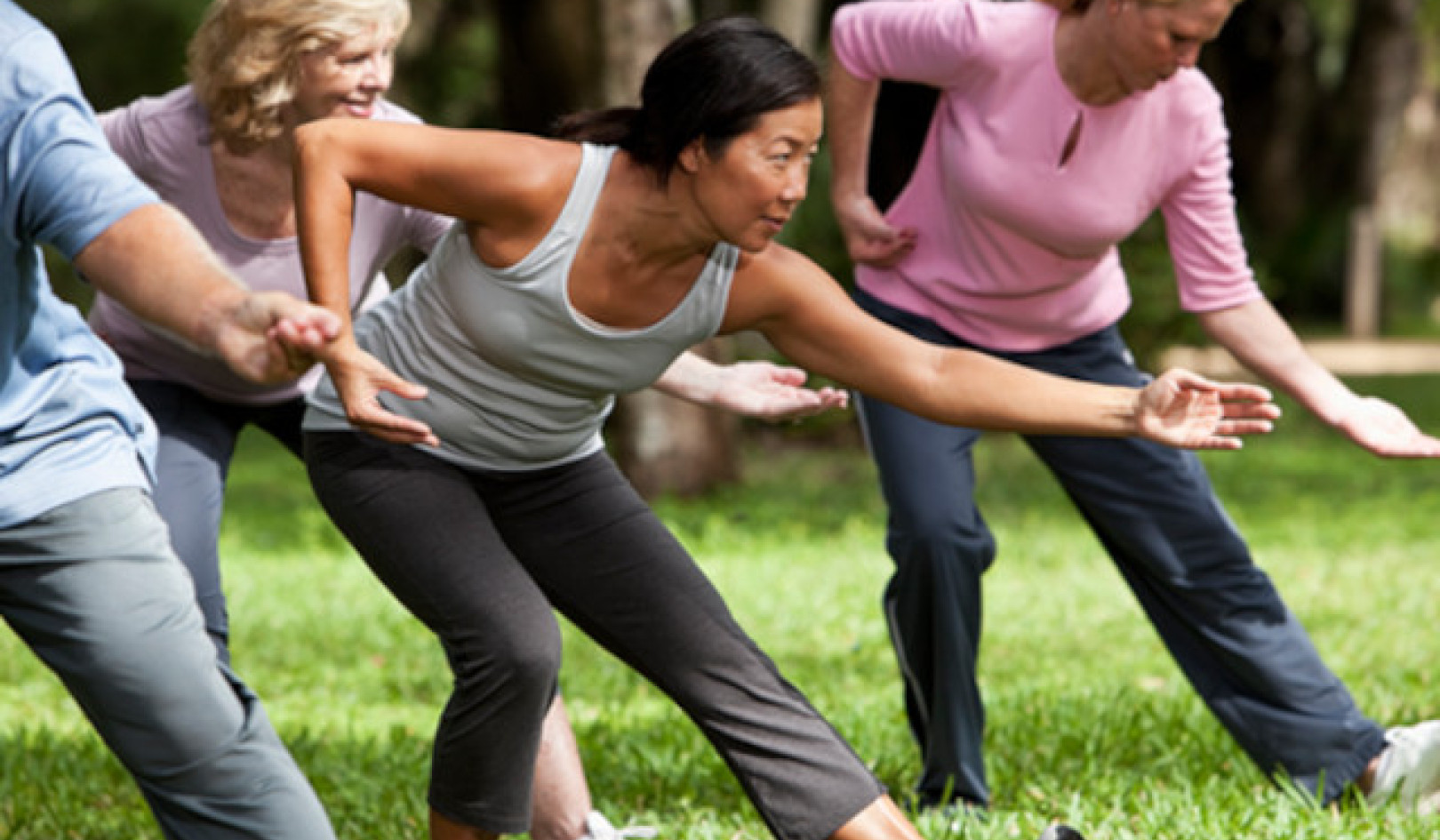
Image by Pexels
The notion that you need to earn your keep andwork hard to gain approval from those you care about is rooted in the belief that you’re not worthy, safe, or loveable. Yet, you already know that your source of safety, worthiness, and love resides within you. But, there are five deep-seated, albeit outdated, beliefs that have kept your helper pattern firmly anchored in your daily life.
1. Giving Is Better than Receiving
Whether you were raised religious or just listened to your grandma, you’re probably familiar with the adage, “It is more blessed to give than to receive.” Even science has delivered strong evidence that volunteering and financially supporting others promotes health and happiness.
Yet research also showed that “burnout,” a syndrome of exhaustion, disillusionment, and withdrawal, is exceptionally highin professional and informal caregivers. Nature, in its infinite wisdom, teaches us that the health of any ecosystem depends on the balance of giving and receiving. Our dogs and cats offer companionship; in return, we give them food and tummy rubs. We human beings even have mutually beneficial relationships with bacteria. In our digestive tract, the microorganisms are essential to regulate our digestion, and in turn, the foods we eat also feed them. Just as we can’t survive by only exhaling, or releasing water and waste from our system without taking oxygen and nourishment back in, receiving is an essential part of life. To quote Maya Angelou, “When we give cheerfully and accept gratefully, everyone is blessed.” After all, if there were only givers and no receivers, who would we give to?
2. I Like Taking Care of Others; It Makes Me Happy
That’s one of the most common excuses I hear from helpers. My usual response is, Really? If you’re honest with yourself, you probably know that what makes you happy isn’t only the act of giving, but also the acknowledgment and approval you might receive. But more often than not, your services and support have been taken for granted because you’ve played the helper role for so long and so well that others assume that this is who you are.
How do you feel when you’ve once again bent over backward, saved somebody’s day, or single-handedly managed their move to another house, only to hear them complaining about how hard they worked? Sad, frustrated, ashamed, disappointed? But still, your worries about disappointing others, and your hope that soon they’ll value you for the good person you truly are, keep your helper mode going.
The sad truth is, like electricity at home or sunshine in Southern California, your services may only get noticed when they’re absent. The fact that you may see caretaking as your primary source of happiness isn’t just a reflection of your lack of self-worth and your need to be liked and appreciated. It probably also has to do with howlittle time you’ve spent figuring out other ways to feel happy and fulfilled, and how often you’ve told yourself that self-care is selfish, the next mental trap.
3. Self-Care Is Selfish
Do you feel unsure about what to do when you have some time and space to yourself? Does guilt creep up on you when you do something just for yourself? For the helpers, self-care is overrated, frivolous self-indulgence. Unlike cars that need maintenance or any other living being that needs rest, you may rarely give yourself permission to relax and rejuvenate when you’re in helper mode.
After what I’ve observed with my clients and myself, I would argue that the need-to-be-needed is far more selfish than self-care. First of all, we all know about putting on the oxygen mask firstwhen the airplane takes a nose-dive, and that we can’t give from an emptycup.But we keep on giving, even though we have less to offer, hoping we’ll eventually be somehow rewarded.
The helper pattern can become selfish in three ways. First, when we push our help on others without them asking for support. Of course, it feels great to help an old lady cross the street, unless she had no intention of going to the other side. Being always giving and supportive to people who didn’t necessarily ask for our assistance or appreciate our excessive gestures is self-serving because we use them to make us feel good. And if those individuals don’t shower us with gratitude and adoration for our exceptional generosity, we judge them with resentment as self-centered and inconsiderate. The helper pattern can require others to be our confidence boosters or punching bags without even asking them for consent.
Secong: Giving can also become selfish when we ignore that it has adverse effects on the receivers. Classic examples are the enabling spouse of an alcoholic who continues to buy liquor to keep the peace. Or the smothering mother who cleans, cooks, and does the laundry for her grown-up child who in return becomes increasingly unmotivated to become a self-reliant adult. Think about how your helpfulness may stifle and even disempower those around you. And if it does, wouldn’t it be a greater gift to share the responsibilities and get them involved, rather than diminishing them to the role of the passive receiver?
The third way the helper pattern can make you selfish is when you’re hiding behind its mask. Many caretakers and pleasers I know focus on other people’s needs and problems so as not to have to face their own. They protect themselves by keeping others at arm’s length and never showing their vulnerabilities. You may be much more at ease asking questions and showing interest in your friends’ lives than sharing what’s going on in your own. During get-togethers, perhaps you’re busy running around and making sure everybody is happy, because sitting still and having deeper conversations makes you uncomfortable. And your family only knows you as the organizer, the pinch hitter, the reliable brother or sister, who is always available to anybody in need.
Yet, as you avoid exposingYet, as you avoid exposing your vulnerability, you’re also eliminating the possibility of more intimate and balanced relationships. At first glance, this behavior may not appear selfish since you’re the one who’s shooting yourself in the foot. But what about those who would love to have you as a close friend or family member? The people who feel powerless watching you strive and at times struggle without ever asking for help? Or those who wrestle with feeling rejected by your wall of niceness and good deeds? When we control our relationships by refusing to show who we truly are, we selfishly value our safety more than the opportunity to share with others the greatest gift we have—allowing them entry into our hearts.
4. Pain Is Bad and Needs to Be Attended To
The helper pattern goes hand in hand with extreme awareness and sensitivity toward other people’s needs and pains. When I started my coaching practice, my wife said, “If you’re willing to take away somebody’s pain, you are also willing to take away their chance of happiness.” These words struck the core. As a designated helper and physician, I was convinced that easing people’s suffering was a noble cause. Of course it is, yet not how I was used to.
Twenty years later, I’m so grateful that Danielle pointed out my empathetic knee-jerk reflex of trying to take on my client’s issues, which would have done nothing for their self-improvement, but for me, most likely would have led to a quick burnout.
You may ask yourself what I did about my empathy. Let’s look at the next trap.
5. I Can’t Help It—I’m Too Empathetic
Helper or not, most of us can intuit how other individuals are feeling. If we watch somebody bite into a piece of fruit, our saliva flows. A person screaming in agony after smashing his fingers in the door makes us wince. Images of refugees crying in despair as they hold the lifeless bodies of their children, who drowned trying to reach a safer country, break our hearts. The ability to empathize with one another is essential for functioning relationships, and the lack of empathy is often associated with sociopathological and narcissistic behavior.
As crucial as empathy may be for healthy social interactions, picking up emotions and energies from others can also be very stressful. But you don’t have to be highly sensitive to experience empathy as overwhelming. In a study where participants were asked to watch short films of people in pain, those who entered into the experiment already feeling low or emotionally charged, reacted with significantly higher distress to what they saw than those who felt neutral at the start. Similar to highly sensitive people, this form of empathetic distress was usually followed by guilt and the desire to withdraw from the situation. In other words, our ability to handle empathy significantly declines when we are already struggling with our own emotional challenges and lack of energy.
We all agree that being stressed out doesn’t bring out the most caring side of us. Usually, stress hormones signal to our mind and body that it is time to save our fanny, rather than look out for others. Yet empathetic distress creates an inner conflict as one sidewants to avoid the source of stress, while another side wants to lean in and fix the other person’s problems.
A classic example is a small child tripping and falling. It immediately looks at its parents to gauge their reactions. When the parents appear freaked out and jump up to rush to the rescue, the child picks up their stress and concludes that the fall must have been surely something to cry about. However, when the parents talk in a calm and supportive voice and maybe even smile, the situation appears less scary and severe for the little one.
So how are you supposed to deal with your empathy? What if you could notice other people’s suffering from a healthy distance? With an open heart and mind, but still feeling calm and grounded within? What if you could turn to compassion rather than empathy?
The difference between empathy and compassion is that with empathy you don’t only notice somebody’s emotions and energies, you internalize them. On the other hand, with compassion, you’re aware of another’s internal experiences without losing the connection with yourself.
Here’s an analogy. Let’s say you spot somebody drowning. Empathy makes you jump into the water and go down with them. With compassion, you stay on the shore and look for a life-preserver or a rope to throw them. Or, on an emotional level, when you see somebody stuck in the dark cave of their anxiety and depression, your empathy may ask you to join them. But your compassion encourages you to hold up the light of hope and positivity for them.
In other words, empathy is the subconscious awareness of what others feel. Compassion is awareness plus consciously and proactively choosing how to respond from a place of love and kindness. And in contrast to empathy distress, compassion releases the trifecta of mood-enhancing neurotransmitters: serotonin, called the happiness hormone, dopamine, the feel-good hormone, and oxytocin, the love hormone.11 So it’s a win-win for all.
Here are a few questions that, next time your attention is drawn to somebody’s struggles, will make it easier for you to shift from empathy to compassion:
? Does it help this person when I take on their pain, or does it make them feel even worse?
? What is a more positive and empowering perspective on what they’re going through?
? Is this person helpless?
? Do I believe they have the inner resources to heal and grow from their struggles?
? Is there anything I can do to help them—or do I know of any- body who can?
? How can I compassionately support them without preventing them from becoming empowered and self-reliant?
? How can I remain responsible to and compassionate with myself?
By contemplating these questions, you will shift from empathetically reacting to quietly reflecting on the most compassionate wayto respond.
But what if you take the compassion approach yet somehow can’t come up with a way to help? Rest assured, you already bring more ease to the person you care about by simply staying calm and under- standing. This is one of the reasons why people love to talk to their therapists. In a study, female participants were asked to undergo a functional MRI while receiving mild to moderate electroshocks (I’m not sure who volunteers for such an experiment).
Naturally, all the women were somewhat anxious as they were lying on the MRI table, bracing for the unpleasant sensation. While they were waiting, somebody came and held their hands. If this person was a stranger, their stress level would already go down. Yet, if it was their husband, the anxiety almost wholly disappeared. This example shows that instead of solving another’s problems or taking away their pain, just showing up with calmness and compassion can be enough to give them the emotional and physical strength to face their challenges with greater ease.
Copyright ©2023. All Rights Reserved.
Reprinted with permission of Destiny books,
an imprint of Inner Traditions Intl.
Article Source:The Empowerment Solution
The Empowerment Solution: Six Keys to Unlocking Your Full Potential with the Subconscious Mind
by Friedemann Schaub
 In this step-by-step guide, Friedemann Schaub, M.D., Ph.D., explores how to break free from the six most common survival patterns—the victim, invisibility, the procrastinator, the chameleon, the helper, and the lover—by engaging the part of the mind that created them in the first place: the subconscious.
In this step-by-step guide, Friedemann Schaub, M.D., Ph.D., explores how to break free from the six most common survival patterns—the victim, invisibility, the procrastinator, the chameleon, the helper, and the lover—by engaging the part of the mind that created them in the first place: the subconscious.
Providing research-backed insights and brain- rewiring methods based on his 20 years’ experience, Dr. Friedemann details how, through activating the healing power of the subconscious, you can throw off the shackles of these self-sabotaging patterns and “flip” them into the six keys to self-empowerment, allowing you to take self-reliant ownership of your life.
Click here for more info and/or to order this paperback book. Also available as a Kindle edition.
About the Author
 Friedemann Schaub, M.D., Ph.D., a physician with a Ph.D. in molecular biology, left his career in allopathic medicine to pursue his passion and purpose of helping people overcome fear and anxiety without medication. For more than twenty years, he has helped thousands of his clients worldwide to break through their mental and emotional blocks and become the empowered leaders of their lives.
Friedemann Schaub, M.D., Ph.D., a physician with a Ph.D. in molecular biology, left his career in allopathic medicine to pursue his passion and purpose of helping people overcome fear and anxiety without medication. For more than twenty years, he has helped thousands of his clients worldwide to break through their mental and emotional blocks and become the empowered leaders of their lives.
Dr. Friedemann is the author of the award-winning book, The Fear and Anxiety Solution. His newest book, The Empowerment Solution, focuses on activating the healing power of the subconscious mind to switch out of stress- and anxiety-driven survival mode and make authenticity and confidence the everyday way of being.
For more details about his work, please visit www.DrFriedemann.com


























